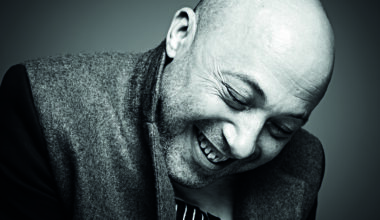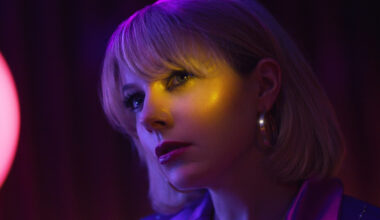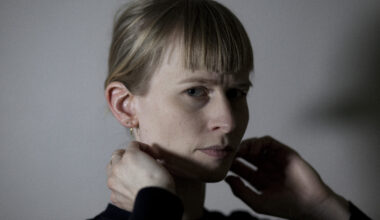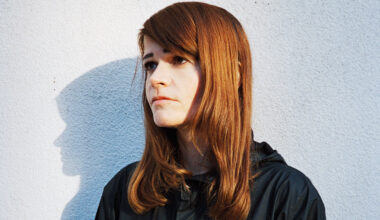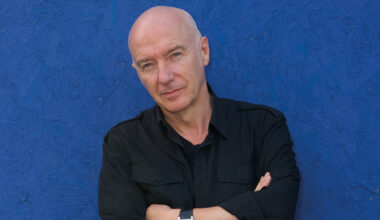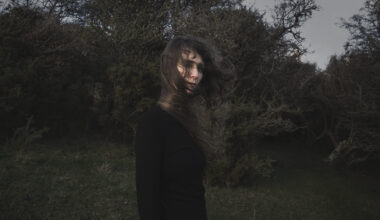Echo & The Bunnymen guitarist and Glide experimentalist Will Sergeant muses over his formative and foremost influences
Want to read more?
Sign up to Electronic Sound Premium to gain access to every post, video, special offers, and more. 100%, all you can eat, no commitment, cancel any time.
Already a premium member? Log in here
